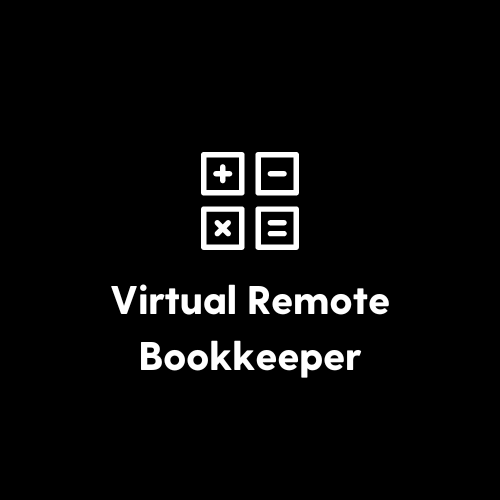
Tax season can be a stressful time for small business owners, but with proper preparation, it doesn’t have to be overwhelming. By staying organized and planning ahead, you can ensure that your small business is ready to file taxes accurately and on time. In this guide, we’ll walk you through essential steps to help you prepare for tax season, avoid common mistakes, and maximize deductions.
1. Organize Your Financial Records
The foundation of a smooth tax season is having well-organized financial records. Make sure to have the following in order:
- Income Statements: Ensure that all sources of revenue are documented and correctly recorded.
- Expense Receipts: Track all your business expenses, including utilities, travel, office supplies, and software subscriptions. Many of these may qualify for tax deductions.
- Bank Statements and Credit Card Statements: Cross-reference transactions with your records to make sure nothing is missing or out of place.
- Invoices and Bills: Keep track of invoices sent to clients and any bills you owe to vendors.
Tip: Consider using bookkeeping software to automate this process and avoid human error.
2. Identify Tax Deductions for Your Small Business
One of the most critical aspects of tax preparation is understanding which deductions you qualify for. As a small business, there are several deductions you may be eligible for, including:
- Home Office Deduction: If you use a part of your home exclusively for business, you can deduct expenses related to that space.
- Business Travel Expenses: Costs related to business travel, meals, and lodging can be deducted if they are necessary for the business.
- Office Supplies and Equipment: Don’t forget to deduct costs for equipment, software, and supplies used to operate your business.
- Employee Salaries and Contractor Payments: Wages, salaries, and benefits paid to employees are deductible, as well as payments made to freelancers and contractors.
Tip: Working with a tax professional can help you identify all applicable deductions and avoid leaving money on the table.
3. Understand Your Tax Obligations
Small businesses have different tax obligations depending on their structure. Here are some common ones to be aware of:
- Self-Employment Tax: If you’re a sole proprietor or part of an LLC, you’ll need to pay self-employment taxes on your earnings.
- Payroll Taxes: If you have employees, you’re responsible for withholding income taxes, Social Security, and Medicare taxes from their wages.
- Estimated Quarterly Taxes: If you expect to owe at least $1,000 in taxes, you must make estimated tax payments quarterly.
Make sure you’re aware of the deadlines and specific obligations for your business type.

4. Hire a Bookkeeper or Accountant
While you may handle day-to-day financial tracking yourself, it’s a good idea to hire a bookkeeper or accountant, especially during tax season. A professional can:
- Ensure Accuracy: They’ll make sure all your records are accurate and up to date.
- Help with Tax Filing: Accountants can assist in filing your taxes properly, ensuring that you meet all deadlines and comply with tax regulations.
- Offer Financial Advice: They can also provide guidance on how to reduce your tax burden and prepare for the next tax season.
Hiring a virtual bookkeeper can be a cost-effective solution for small businesses that don’t need full-time financial staff.
5. Prepare for Next Year Early
Tax preparation shouldn’t start just a few weeks before the deadline. Implementing good financial habits throughout the year can make tax season much easier. Some tips include:
- Set up Monthly Reviews: Regularly reviewing your finances can help you spot potential issues early.
- Keep Digital Records: Go paperless by using cloud-based accounting software to store and organize receipts, invoices, and statements.
- Track Mileage and Business Use of Personal Assets: Use apps or software to track mileage and other expenses that are deductible for business use.
6. Consult a Tax Professional for Changes in Tax Law
Tax laws are constantly changing, and what was true last year may not apply this year. Consult with a tax professional to stay updated on any new tax laws, deductions, or credits that could affect your small business.
7. File Taxes on Time to Avoid Penalties
Filing your taxes on time is critical to avoiding penalties. If you’re unable to meet the deadline, file for an extension. However, remember that an extension only gives you more time to file, not more time to pay any taxes owed.
Conclusion
Preparing for tax season doesn’t have to be daunting. By staying organized, understanding your deductions, and seeking help when necessary, you can confidently approach tax season and potentially reduce your tax liability. Whether you’re a new business owner or a seasoned entrepreneur, proper tax preparation is key to maintaining your financial health.
At Virtual Remote Bookkeeper, we specialize in helping small businesses with all their bookkeeping and tax preparation needs. Contact us today to learn more about how we can assist you in making tax season stress-free.


